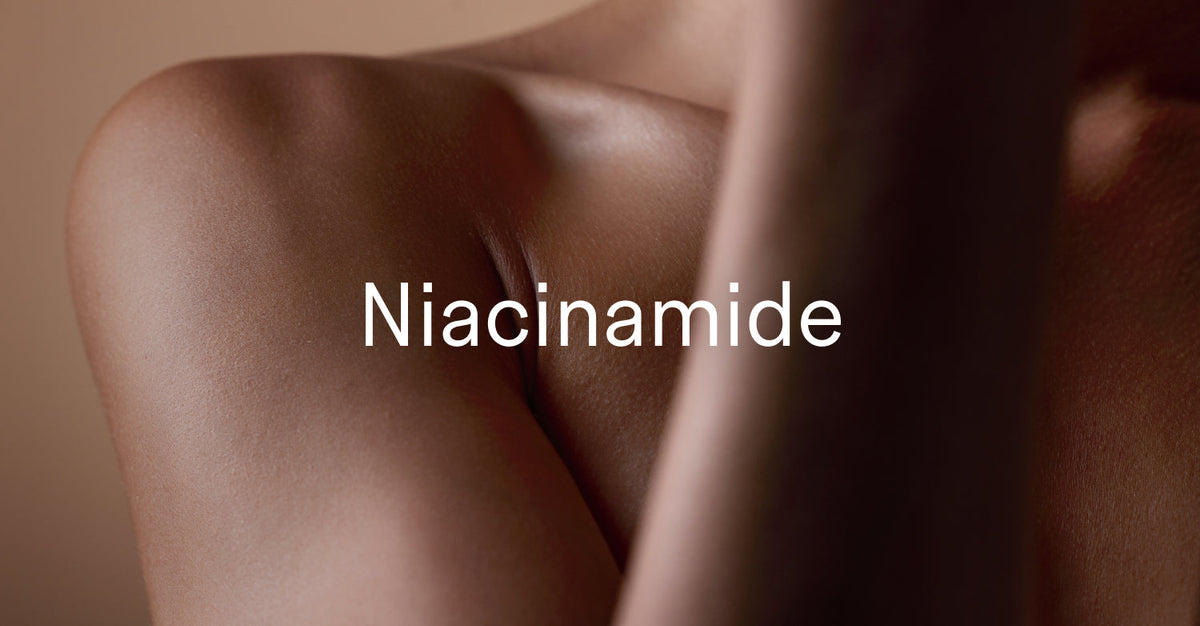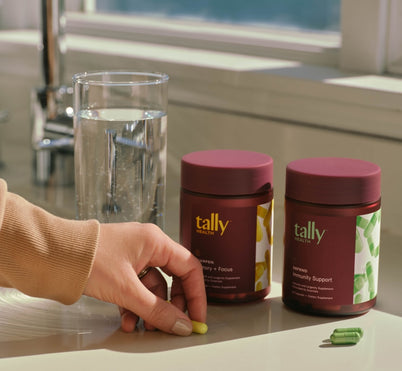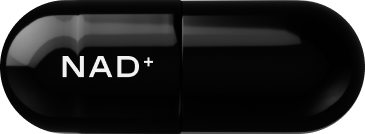

When it comes to skincare ingredients backed by clinical studies, niacinamide stands out as one of the most well-researched and versatile options. Also known as vitamin B3 or nicotinamide, this essential nutrient plays a role not only in skin health but also in overall cellular energy production. In fact, niacinamide is a precursor to NAD+, a coenzyme vital for metabolism and longevity. Supporting your body’s NAD + levels through options like NAD + by Tally Health may work in synergy with topical niacinamide for optimal results.
Whether you’re addressing uneven skin tone, fine lines, or skin barrier concerns, the benefits of niacinamide make it a must-have in your skincare routine. Let’s dive into what science says about this powerhouse ingredient.
What Is Niacinamide?

Niacinamide is a flush-free form of vitamin B3, distinct from nicotinic acid (another B3 variant also known as niacin). It’s a water-soluble vitamin that the body cannot produce in sufficient amounts, meaning it must come from diet or supplementation. In skincare, topical niacinamide has gained popularity thanks to its ability to address a wide range of skin concerns with minimal adverse effects.
Unlike other molecules like glycolic acid or salicylic acid, niacinamide is well tolerated across most skin types—including those with sensitive skin. That’s why it’s often recommended for people looking for gentle yet effective skincare benefits.
Niacinamide Benefits for Skin

1. Strengthens the Skin Barrier
One of niacinamide’s most important functions is improving the skin’s lipid barrier. By boosting hydration and reducing water loss, it helps keep the skin hydrated and resilient. This can also minimize irritation from other skincare ingredients like retinoids or exfoliating acids.
2. Reduces Redness and Irritation
Thanks to its anti-inflammatory properties, niacinamide helps calm redness, mild irritation, and conditions like acne vulgaris. It’s particularly helpful for those with sensitive skin or dry skin prone to flare-ups.
3. Evens Skin Tone and Brightens Appearance
Consistent use of a niacinamide serum has been shown to reduce dark spots, sun spots, and discoloration from uv rays. By targeting uneven skin tone, it promotes brighter skin and a more even toned skin appearance.
4. Minimizes Pores and Improves Texture
Niacinamide reduces the look of enlarged pores, balances oil production, and contributes to improved texture. This makes it a top choice for people who want to address oiliness or refine their complexion without harsh treatments.
5. Fights External Signs of Aging
Clinical studies suggest that niacinamide helps reduce the appearance of wrinkles, fine lines, and other signs of aging. By supporting skin barrier repair and collagen production, it can enhance elasticity and firmness over time.
How to Add Niacinamide to Your Skincare Routine

Niacinamide is one of the most versatile skincare ingredients—it can work well with hyaluronic acid, pantothenic acid, and even exfoliants like glycolic acid when used carefully. Here are some best practices:
Start with a patch test to ensure no unexpected skin irritation.
Layer with hydrating products like hyaluronic acid for maximum skincare benefits.
Pair with broad spectrum sunscreen to protect against UV rays and enhance niacinamide’s ability to target dark spots.
Use consistently—daily routine application is key for seeing results in skin tone, texture, and overall appearance.
Because it’s considered safe for cosmetics, you’ll find niacinamide in serums, moisturizers, and treatments tailored to most skin types.
Oral Niacinamide and Supplements

While topical application is most common for skin-related benefits, niacinamide is also available as a dietary supplement. As a B vitamin and essential nutrient, it supports many processes beyond the skin, including cellular repair. Research is also ongoing into related compounds like nicotinamide riboside, which can also enhance NAD + production.
Bottom Line: Why Niacinamide Deserves a Place in Your Routine

From brighter skin and fewer dark spots to a stronger skin barrier and reduced signs of aging, niacinamide offers a rare combination of skincare benefits that suit nearly all skin types. Its versatility, tolerability, and proven results make it one of the best skincare ingredients to add to your daily routine.
And because niacinamide plays a role in supporting cellular energy via NAD +, pairing topical niacinamide with supplements that maintain NAD + levels, like NAD + by Tally Health, can help you support both skin and whole-body vitality.
References
Wohlrab and Kreft. Niacinamide - mechanisms of action and its topical use in dermatology. Skin Pharmacol Physiol 2014; https://doi.org/10.1159/000359974
Boo. Mechanistic Basis and Clinical Evidence for the Applications of Nicotinamide (Niacinamide) to Control Skin Aging and Pigmentation. Antioxidants (Basel) 2021; https://doi.org/10.3390/antiox10081315
Bissett et al. Niacinamide: A B vitamin that improves aging facial skin appearance. Dermatol Surg 2005; https://doi.org/10.1111/j.1524-4725.2005.31732
Tan et al. Nicotinamide Prevents UVB- and Oxidative Stress‒Induced Photoaging in Human Primary Keratinocytes. J Invest Dermatol 2022; https://doi.org/10.1016/j.jid.2021.10.021
Chen et al. Oral nicotinamide reduces transepidermal water loss: a randomized controlled trial. Br J Dermatol 2016; https://doi.org/10.1111/bjd.14648
Ito et al. A single oral supplementation of nicotinamide within the daily tolerable upper level increases blood NAD+ levels in healthy subjects. Translational Medicine of Aging 2021; https://doi.org/10.1016/j.tma.2021.09.001
Ito et al. A nonrandomized study of single oral supplementation within the daily tolerable upper level of nicotinamide affects blood nicotinamide and NAD+ levels in healthy subjects. Translational Medicine of Aging 2020; https://doi.org/10.1016/j.tma.2020.04.002
Henderson et al. The use of a systems approach to increase NAD+ in human participants. NPJ Aging 2024; https://doi.org/10.1038/s41514-023-00134-0
What is niacinamide?
Niacinamide is a flush-free form of vitamin B3, distinct from nicotinic acid (another B3 variant also known as niacin). It’s a water-soluble vitamin that the body cannot produce in sufficient amounts, meaning it must come from diet or supplementation.
What does niacinamide do for your skin?
Niacinamide strengthens the skin barrier, reduces redness and irritation, evens skin tone, minimizes pores, and fights external signs of aging. It boosts hydration, balances oil production, and supports collagen for improved texture and firmness.
How can you add niacinamide to your skincare routine?
Niacinamide can be layered with hydrating products like hyaluronic acid, paired with broad spectrum sunscreen, and used daily for best results. It’s found in serums, moisturizers, and treatments for most skin types.










